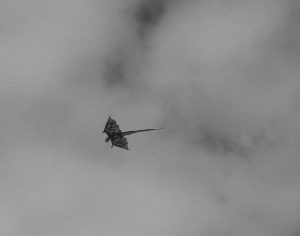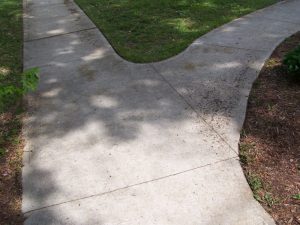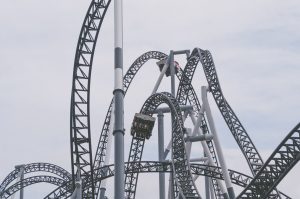
I like a good surprised twist in a book. I love it when a book puts in a major twist that is both believable but that I did not see coming. It’s a tricky balance to manage well. Usually I can spot a plot twister before the wind even gets brisk; mostly because they are set out as if they are slowly spewing volcano.
The smoke is obvious, the billowing soot a give way, so I am not surprised when the volcano “suddenly” spits out the “surprise”.
I am looking for the kind of twist that makes a reader exclaim out loud while reading. A moment that compels a reader to tell the stranger sitting next to them, “do you know what just happened!” It’s the whoa – everyone is a ghost – kind of surprise.
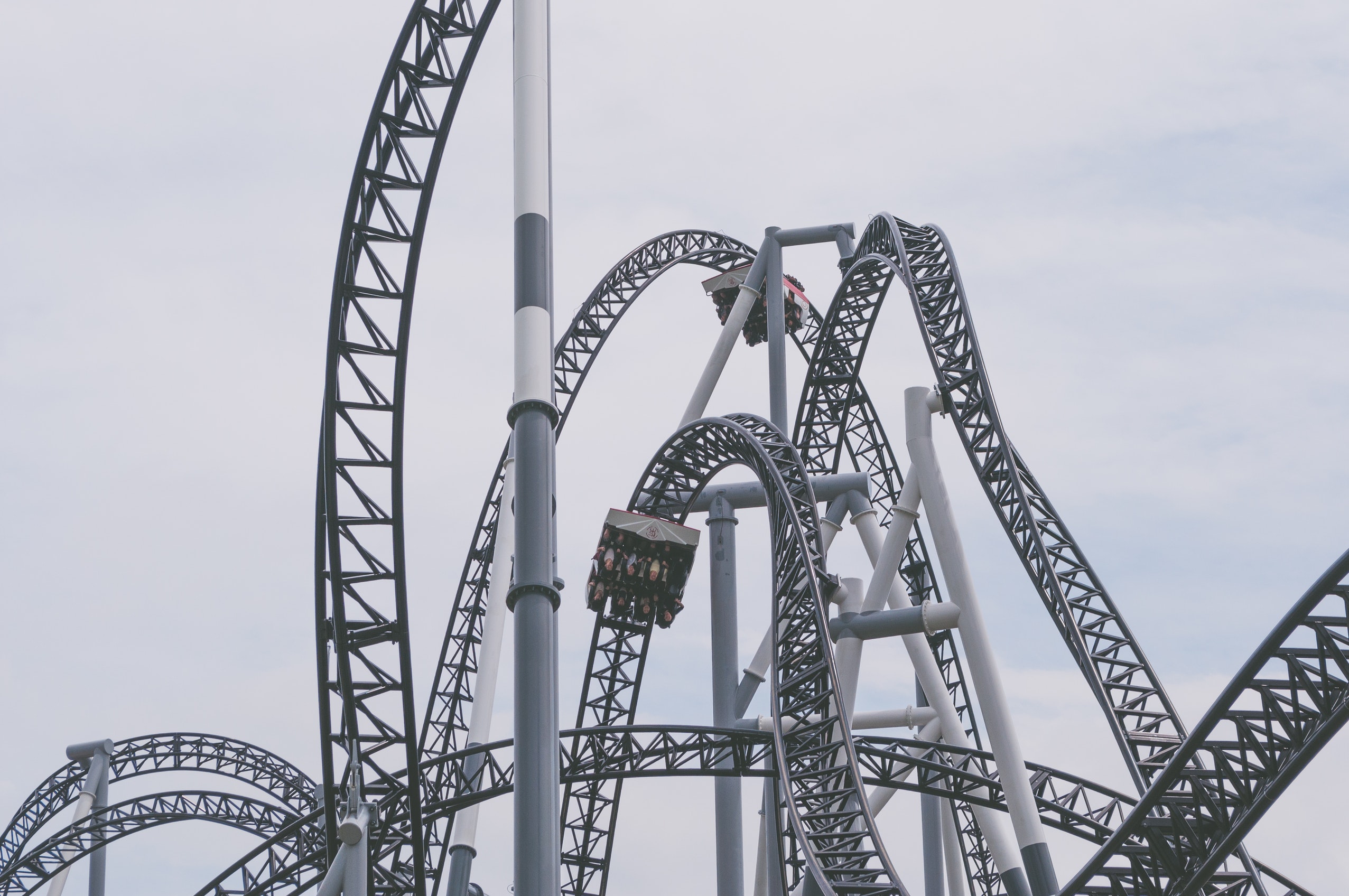
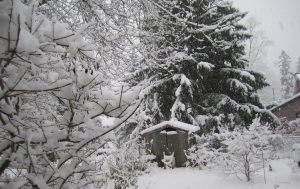

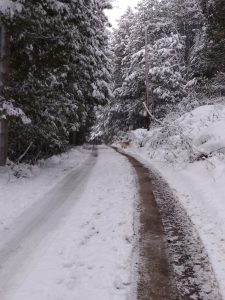 It’s the journey, not the destination—I keep reminding myself. And it’s a long journey, or at least I’m making it one. It was about a year ago that I decided to re-write the novel that I’d already written seven times. I was going back to scratch. I’d hoped it would take me three months, but now I’m hoping I’ll be done before the end of this year.
It’s the journey, not the destination—I keep reminding myself. And it’s a long journey, or at least I’m making it one. It was about a year ago that I decided to re-write the novel that I’d already written seven times. I was going back to scratch. I’d hoped it would take me three months, but now I’m hoping I’ll be done before the end of this year.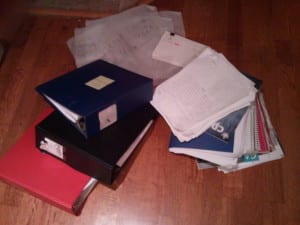
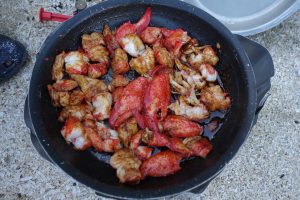 In Ian Hamilton’s crime series, Ava Lee is always eating interesting and descriptive food. In the book, The Wild Beasts of Wuhan, Ava Lee orders “sautéed languoustines with crab tortellini in a shellfish bisque as a starter, and pan-fried black bream with truffle mashed potatoes as her main.”
In Ian Hamilton’s crime series, Ava Lee is always eating interesting and descriptive food. In the book, The Wild Beasts of Wuhan, Ava Lee orders “sautéed languoustines with crab tortellini in a shellfish bisque as a starter, and pan-fried black bream with truffle mashed potatoes as her main.”
